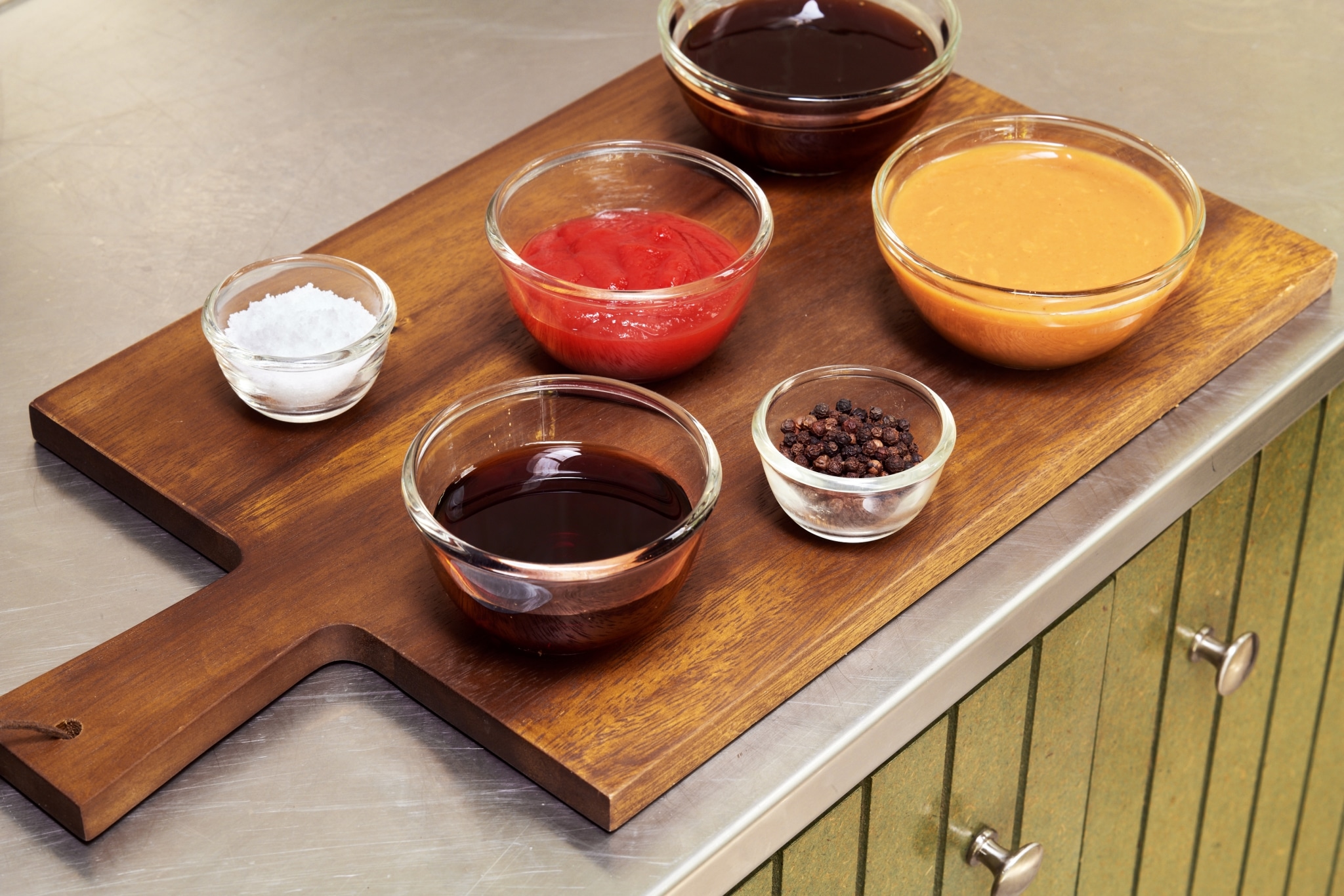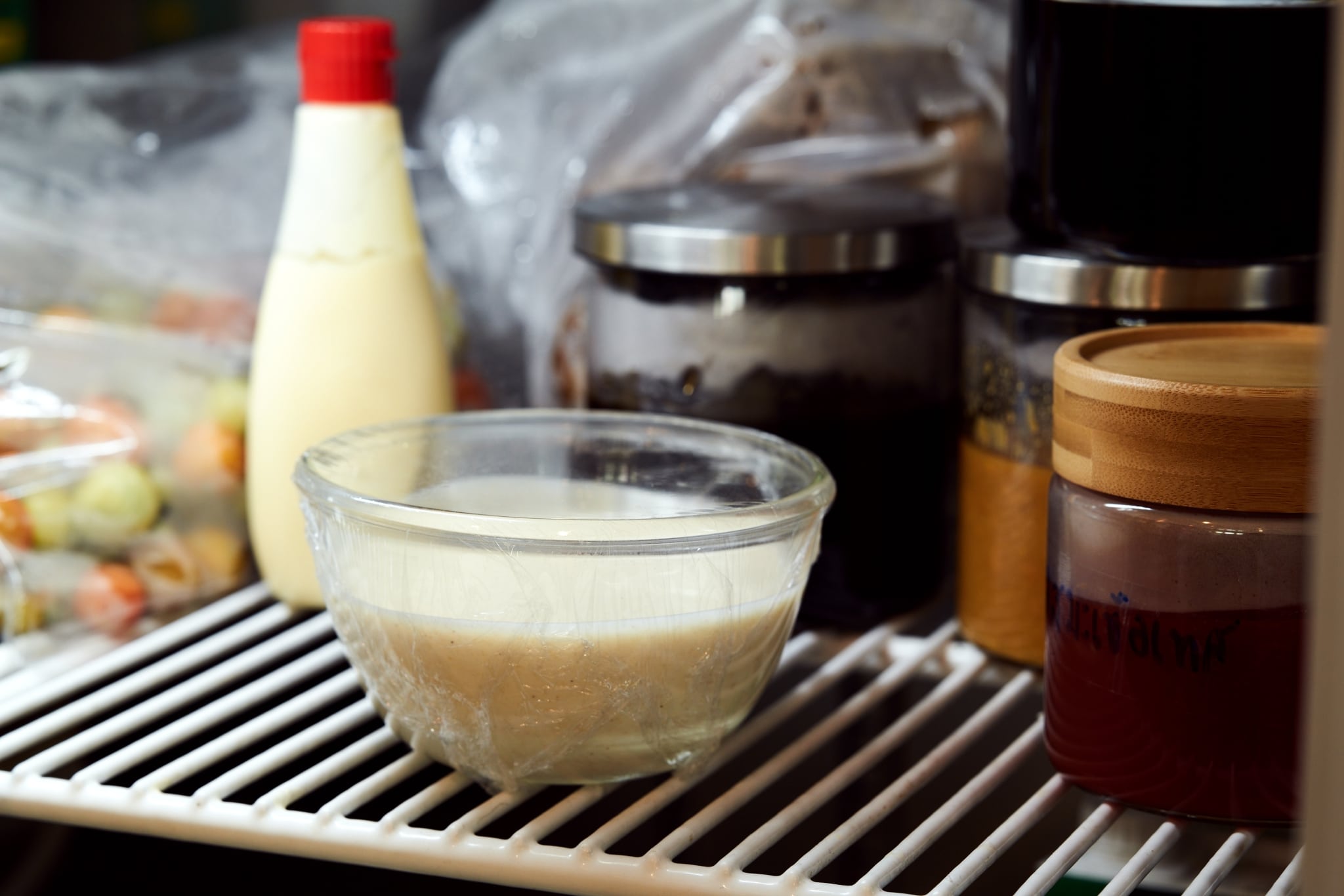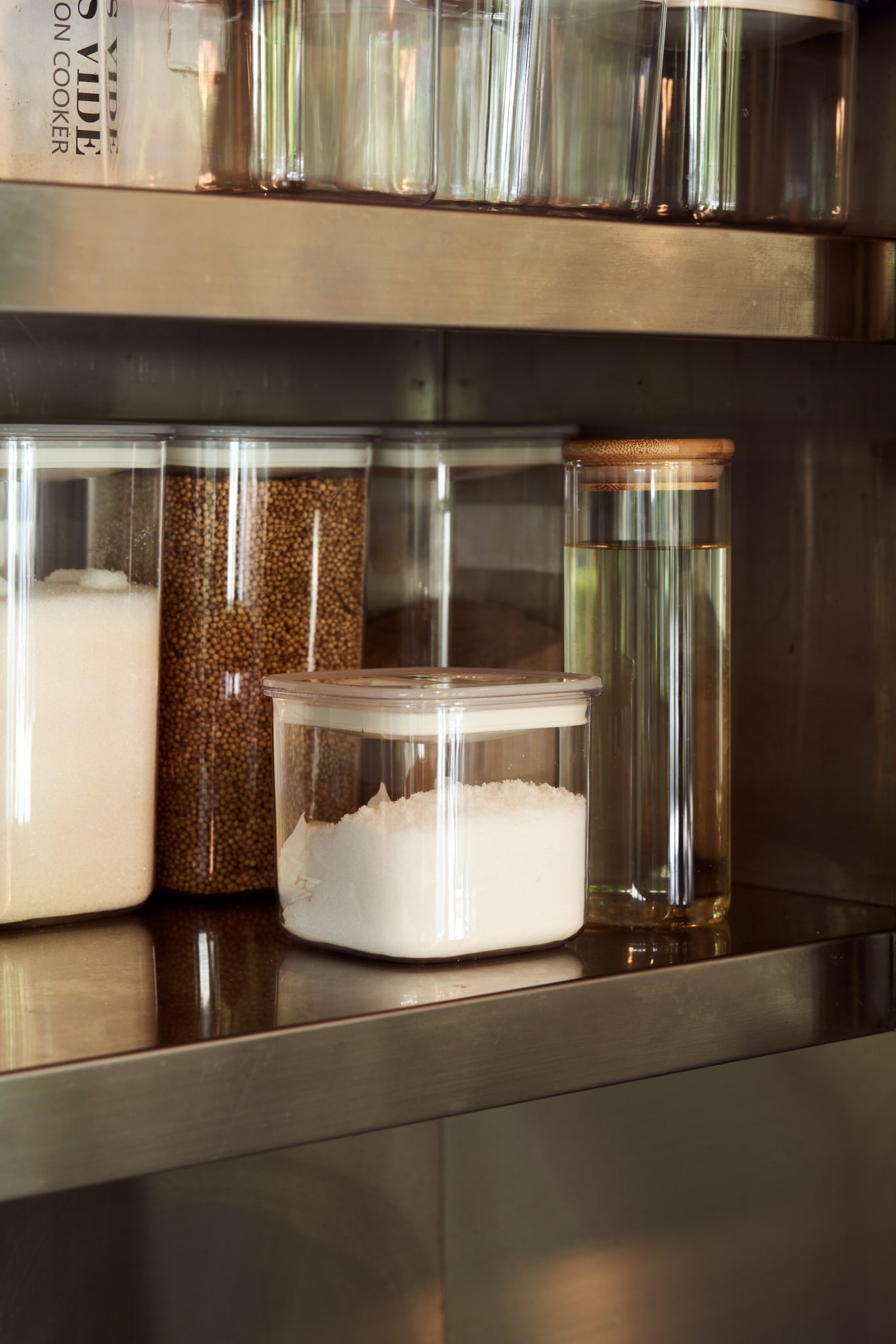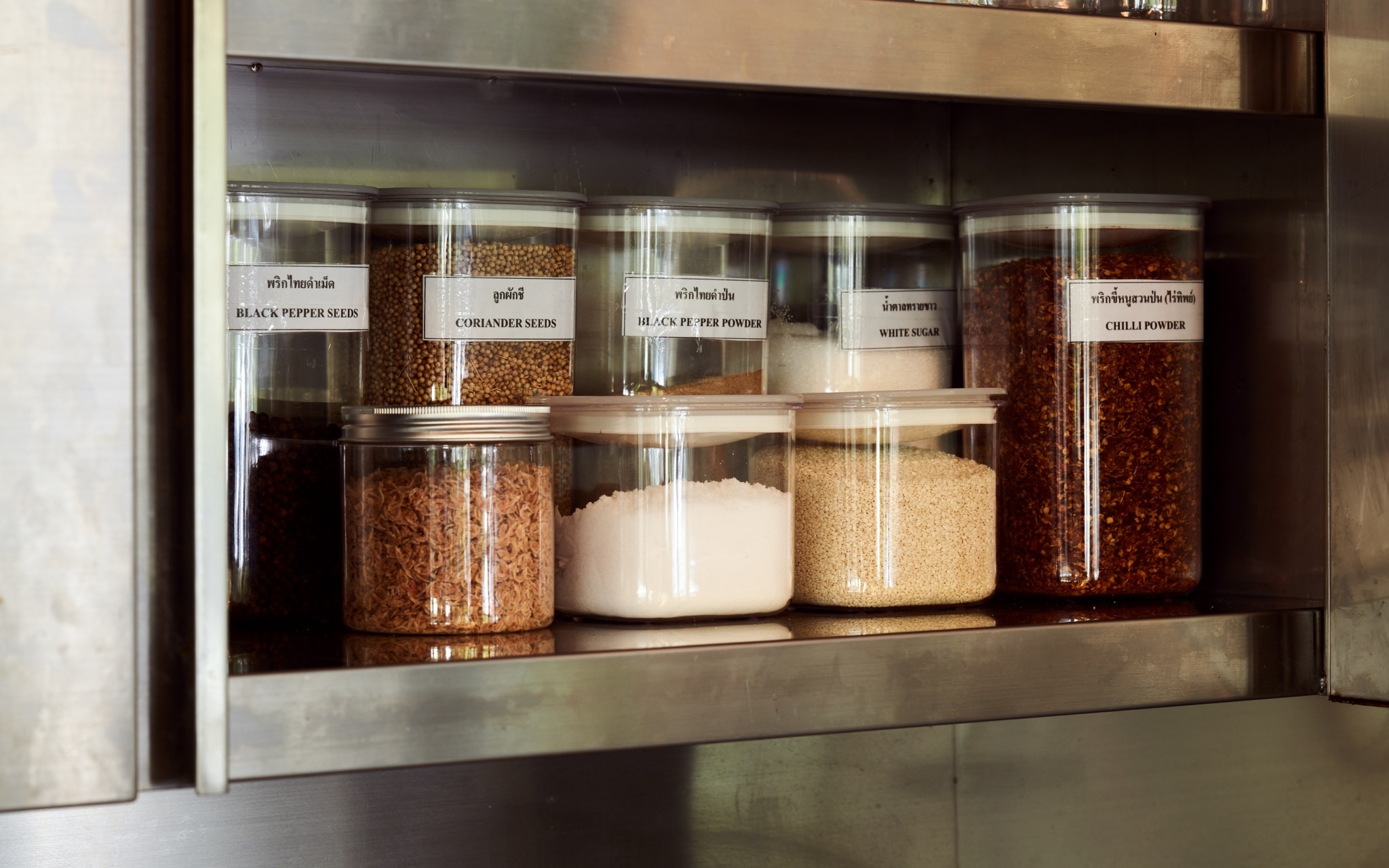A refrigerator is undeniably an essential home appliance in today’s world, and many of us put “all” edible items into the fridge, hoping to extend their shelf life. Belief has it that coldness can preserve foods, while placing them in high temperature will only spoil them. As Thailand’s weather is hot year-round, people have a habit of refrigerating just anything that is edible. Here is the question: does refrigeration work for all kinds of foods?
First of all, we should bear in mind that a refrigerator does not contain only coldness, but it is also high in humidity, which may not be suitable for all kinds of foods. So, refrigerating “everything” is not the best way to keep your foods, and a packed fridge can cause your electric bill to rise unnecessarily. Definitely, a cooked meal should be stored cold or even frozen to prevent it from going bad soon, but for condiments, it does not always work that way.
Some condiments are made by preservation

Many of condiments were originated in ancient days—the time when fridge was nonexistent. There was no other alternative to help extend shelf life than traditional preservation process such as fermentation and others. Soy sauce’s origin can be dated back to over 2,000 years ago, being a fermented seasoning with savory taste. The root of today’s ketchup is found to be associated with the making of fish sauce in Asia before the sauce traveled across the globe and became a condiment with tomato added. Fermentation is also the heart of ketchup manufacturing, since it contains vinegar.
There are countless condiments available in the market nowadays, all of which are produced using varying methods and ingredients. It is, therefore, important to know how to store each condiment properly to ensure safety, convenience, and maintain quality for a lengthy period of time.
Condiments to be refrigerated

Condiments containing egg or milk such as mayonnaise and creamy salad dressing, or those with other fast-spoiling ingredients such as oyster sauce should be kept refrigerated. Being among one of must-haves in Thai kitchen, a used bottle of oyster sauce stored in Thailand’s room temperature may be prone to get moldy. However, some may have never encountered this problem, but it is mainly because they use up the sauce in a short time. If you don’t use the oyster sauce that often, then better store in a fridge and keep the bottle tightly closed.

Keep these condiments away from fridge
Some types of vegetable oil should not be stored cold such as palm olein and coconut oil, since it can quickly turn cloudy or even solid in a low temperature due to high level of saturated fat, which has a low melting point. Place a bottle of coconut oil in an air-conditioned room at 24⁰C or below and it will solidify. Even though temperature does not impact much on an oil’s shelf life, but not storing it improperly can cause inconvenience.
Another condiment that should not stay in fridge is salt, because it can absorb moisture very well, as well as unpleasant odors from other foods. Keeping salt refrigerated can turn fine grains into clumps with unattractive smells. In addition, salt does not really expire or go bad—it can stay well in any temperature—so there is no use trying to preserve it in a fridge.
Condiments that won’t spoil easily in a room temperature
Condiments with high acid or salt contents like vinegar, soy sauce, or fish sauce can be self-preserving, so refrigerating them is not necessary.
All over the world, ketchup has long been a topic of discussion whether it should be refrigerated or not. Even in cold-weather countries, many people keep ketchup in refrigerator. There have even been studies on this topic, and it can be concluded that ketchup is safe to be stored in a room temperature for a long period of time, as it contains vinegar, salt, and sugar, alongside tomato, which is also acidic. Being made of self-preserving ingredients, ketchup won’t go bad that easily. However, it is still important to keep its container tightly closed and away from light.
The best way to store each condiment?
The best way to find out how to store a condiment is reading label, always. Even though it’s the same kind of condiment, each manufacturer uses differing ingredients. Besides, some may process their products with pasteurization, some may add preservatives, and some may not put in any additives to extend shelf life. As a result, there is no fixed way to keep a certain condiment, so creating a habit of reading labels can help lessen issues in the kitchen.
Aside from temperature, light is also a factor that can speed up expiration. Condiment cabinet is, therefore, an essential part of a kitchen to shield things from light. It is also important to close the container tightly after every usage, and to keep it sanitary by using dry and clean cutlery with all condiments.


